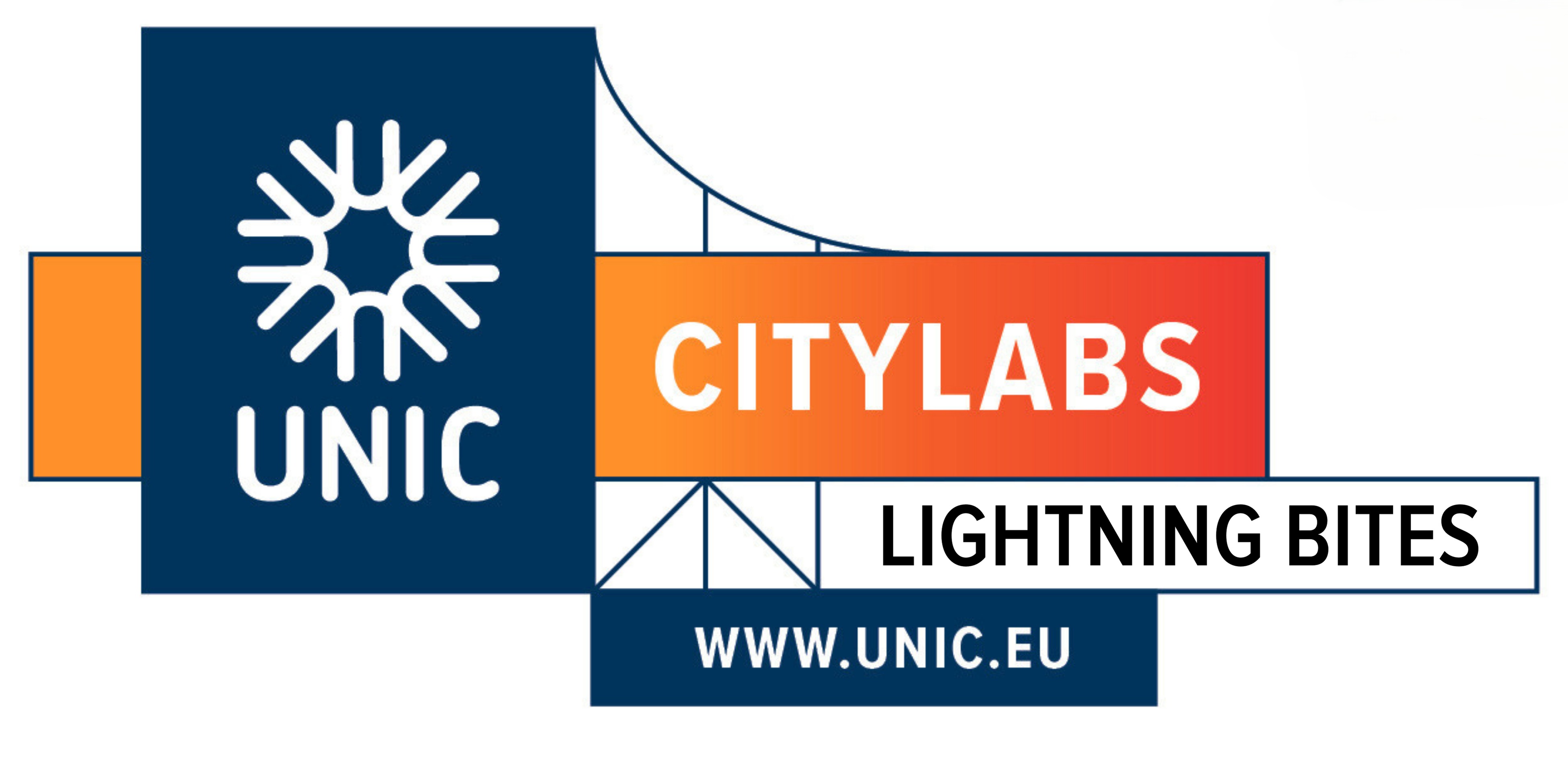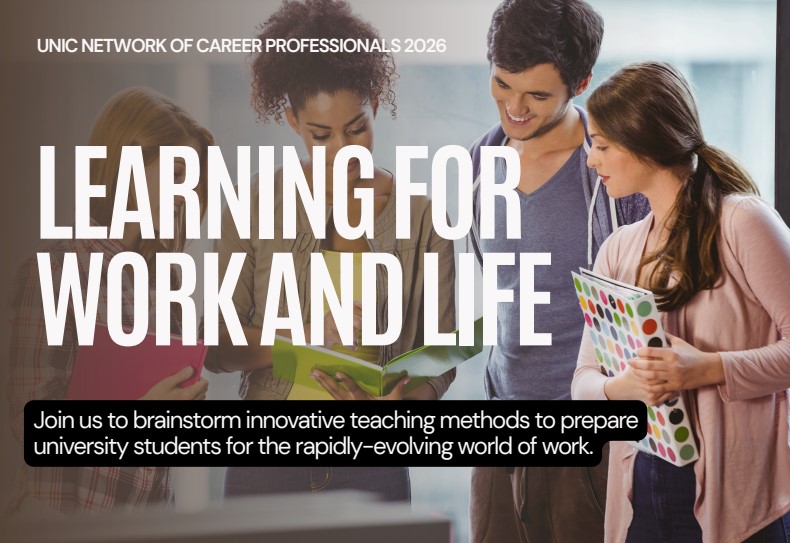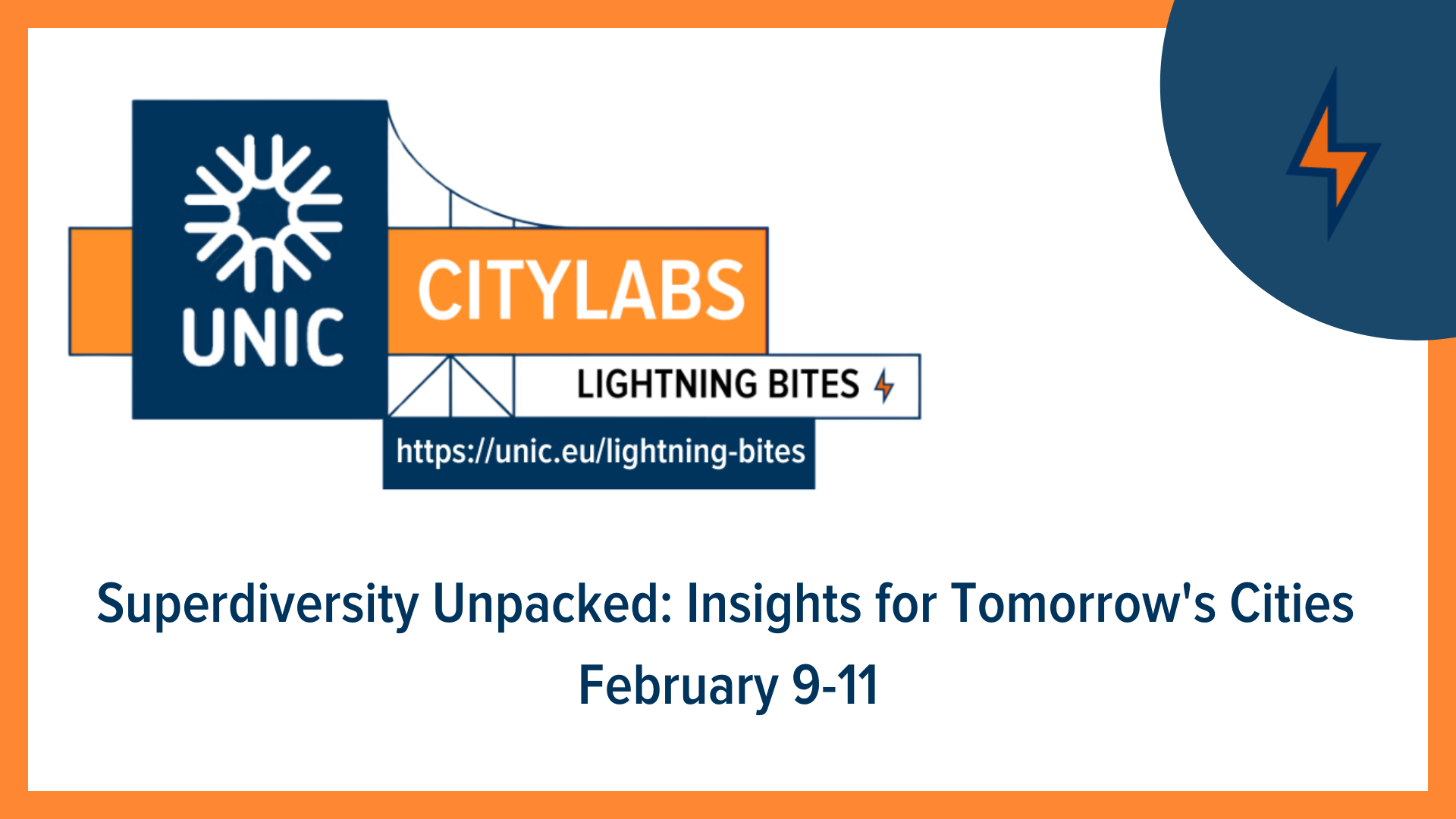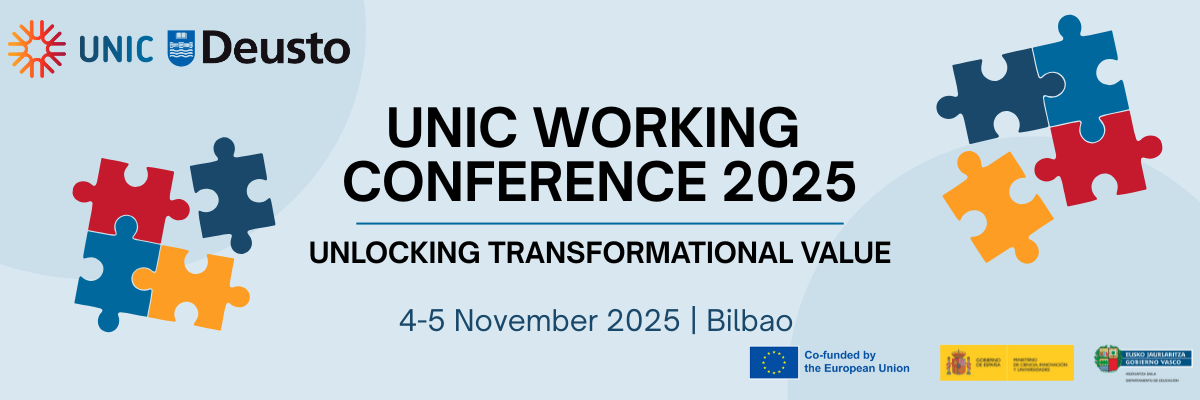The UNIC website uses cookies to improve your experience. Read our full Cookie Policy here.
27/10/2025 13:00 - 29/10/2025 14:00

This presentation introduces artistic methodologies as research approaches that generate knowledge through creative, embodied, and collaborative practice. It outlines their epistemological foundations, distinctive paradigm, and methodological contributions—showing how they help researchers, civil servants, and social practitioners address complex, real-world challenges.
It will also present Hidden Cities: Artistic Methodologies and Practices (University College Cork, 20 October – 5 December 2025), a Blended Intensive Programme bringing together fifteen staff and eighty postgraduate students from twelve European universities. Working across the human and social sciences, participants are exploring the city as a living laboratory, using artistic methodologies to design and enact socially engaged urban interventions that bridge theory, creative practice, and civic transformation.

Learning for Work and Life: virtual session by the UNIC network of car...
Join us to brainstorm innovative teaching methods to prepare university students for the rapid...
12 Feb 2026 - 28 Feb 2026
Read more »
Lightning Bites - Superdiversity Unpacked: Insights for Tomorrow's Ci...
Join us for three days of bite-size talks where we will explore how superdiversity shapes citi...
09 Feb 2026 - 11 Feb 2026
Read more »
UNIC Working Conference 2025 - Unlocking Transformational Value
The UNIC alliance comes together in Bilbao from 4-6 November for its UNIC Working Conference 2...
04 Nov 2025 - 06 Nov 2025
Read more »